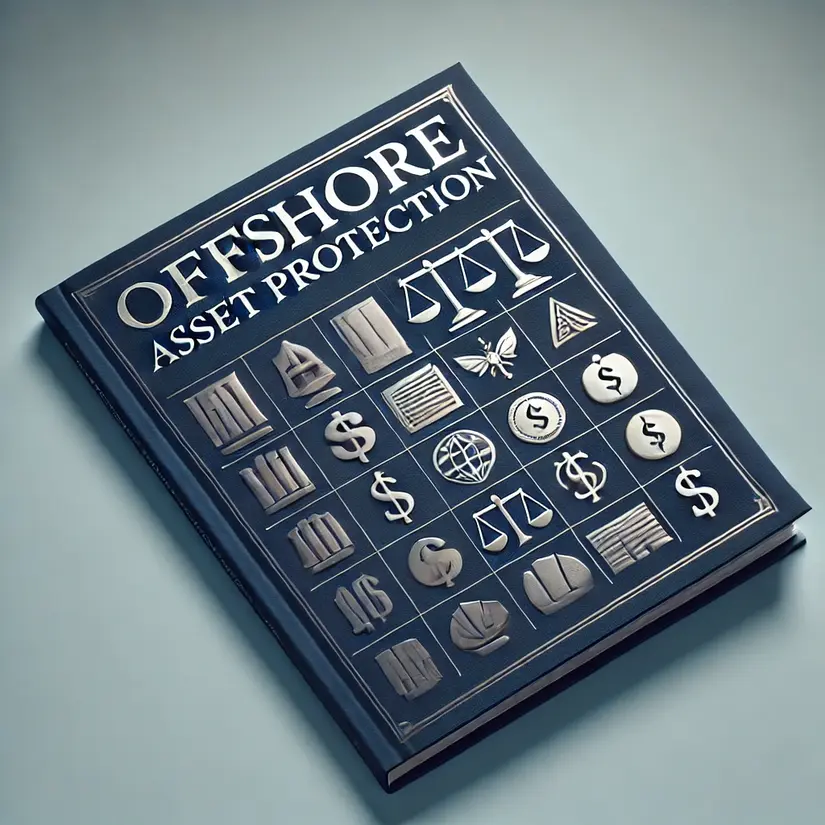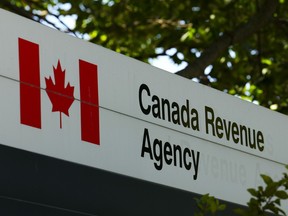In this guide for offshore asset protection, we’ll focus on the following:
- What are offshore assets?
- Definition of offshore asset protection
- How offshore asset protection works
- Offshore asset protection strategies
- How to set up offshore accounts for asset protection
- Is asset protection worth it?
If you are looking to invest as an expat or high-net-worth individual, which is what I specialize in, you can email me (advice@adamfayed.com) or WhatsApp (+44-7393-450-837).
This includes if you are looking for alternatives or a second opinion.
Offshore Asset Protection 101
What are offshore assets?
These include any kind of material or monetary assets that are kept, registered, or located in a territory other than the owner’s nation of origin.
Offshore assets can include:
- Overseas bank accounts
- International Property
- overseas pension schemes
- offshore investment portfolios
- Commercial ventures abroad
- Trusts and inheritances offshore
- Intellectual property, collectibles, and art
- Digital currencies or crypto
Offshore Asset Protection Meaning
The practice of moving money and assets to countries other than one’s own to protect them from collectors and lawsuits is known as offshore asset protection.
Using legal frameworks in foreign locations that provide robust safeguards against creditors and do not implement foreign court judgments—such as offshore trusts or companies—is the technique employed in this case.
How does asset protection work offshore?
Legal protection for offshore assets usually depends on the selected jurisdiction’s laws, which could offer strong defenses against creditor claims. There is little doubt that asset protection is made easier in territories such as the Cook Islands.
A degree of secrecy that might shield asset holders from unauthorized investigation is sometimes provided by the strong privacy regulations found in offshore jurisdictions.
An irrevocable trust is necessary for offshore asset protection to work. On top of preventing creditors from accessing the assets, this means that once they are placed into the trust, the grantor is unable to take them back.
Offshore Asset Protection Strategies
A popular tactic is to set up an offshore asset protection trust, in which assets are moved to a trustee-managed trust situated in an overseas territory. Creditors have limited access to the trust’s assets because they are no longer the individual’s.
Owners of businesses might safeguard their personal assets by forming distinct legal establishments. This strategy helps protect private money from legal troubles and corporate obligations.
Selecting a state with robust asset protection legislation is crucial. To make it more difficult for creditors to seize your assets, look for places that do not uphold decisions made by foreign courts and have limited deadlines for filing allegations of illegal transfers.
It is possible to lower risk and improve protection against regional economic downturns or political unrest by diversifying your holdings by distributing your holdings across a number of countries and asset types.
How to set up offshore accounts for asset protection

Choose a nation with sound laws protecting assets and a robust political and economic landscape.
Think about things like privacy rules, the fraud transfer rule, and if the jurisdiction upholds judgments from international courts.
Create an offshore trust in advance of any possible legal action to steer clear of charges related to bogus transactions.
When your offshore trust is established, create an offshore bank account in that jurisdiction. Supply the necessary paperwork, such as identification, proof of address, and evidence of funding.
Be mindful of possible expenses such as maintenance fees, deposit minimums, and wire transfer charges.
Is asset protection worth it?
Evaluating the possible advantages of asset protection against the associated expenses and complexity is necessary to decide if it is worthwhile.
Asset protection techniques can shield your wealth, especially for wealthy people who are more inclined to run into legal issues.
Putting asset protection measures in place might bring comfort.
Being proactive as opposed to reactive is key to asset protection. It enables people to get ready for possible dangers before they materialize, which can ultimately save time and money.
However, putting up asset protection mechanisms might be costly. Trusts and accounts located offshore could come under investigation by tax officials.
For people in high-risk occupations or those with substantial assets, investing in asset protection may be worthwhile. Wealth protection and mental comfort frequently come at a lower cost and require less effort and worry.
To design a customized asset protection strategy, it is crucial to evaluate each person’s unique situation and to speak with financial and legal experts.
Pained by financial indecision? Want to invest with Adam?

Adam is an internationally recognised author on financial matters, with over 760.2 million answer views on Quora.com, a widely sold book on Amazon, and a contributor on Forbes.





















Discussion about this post